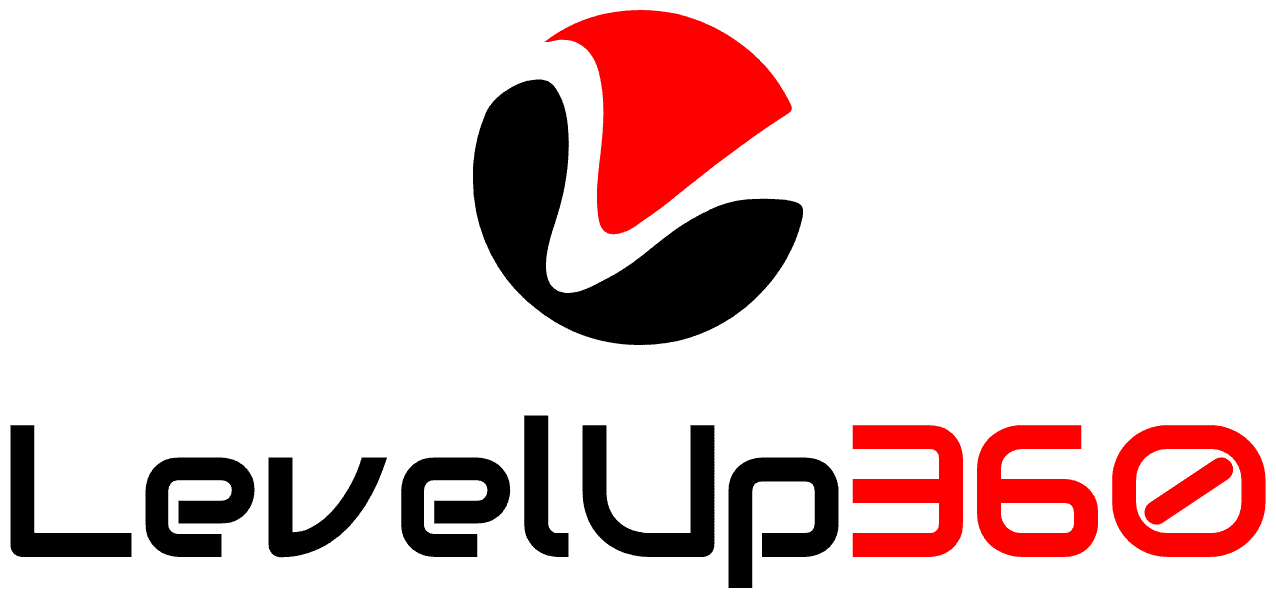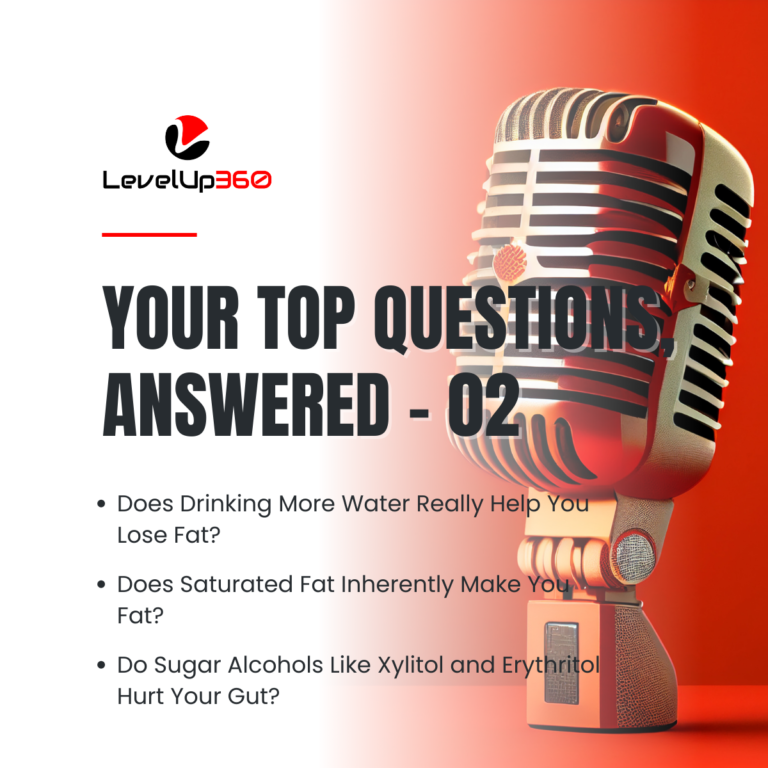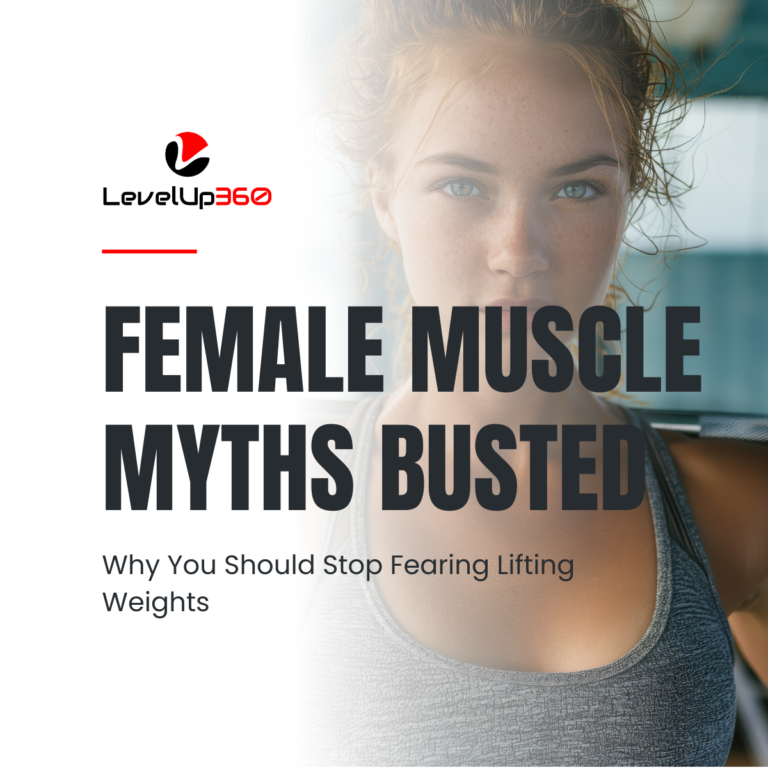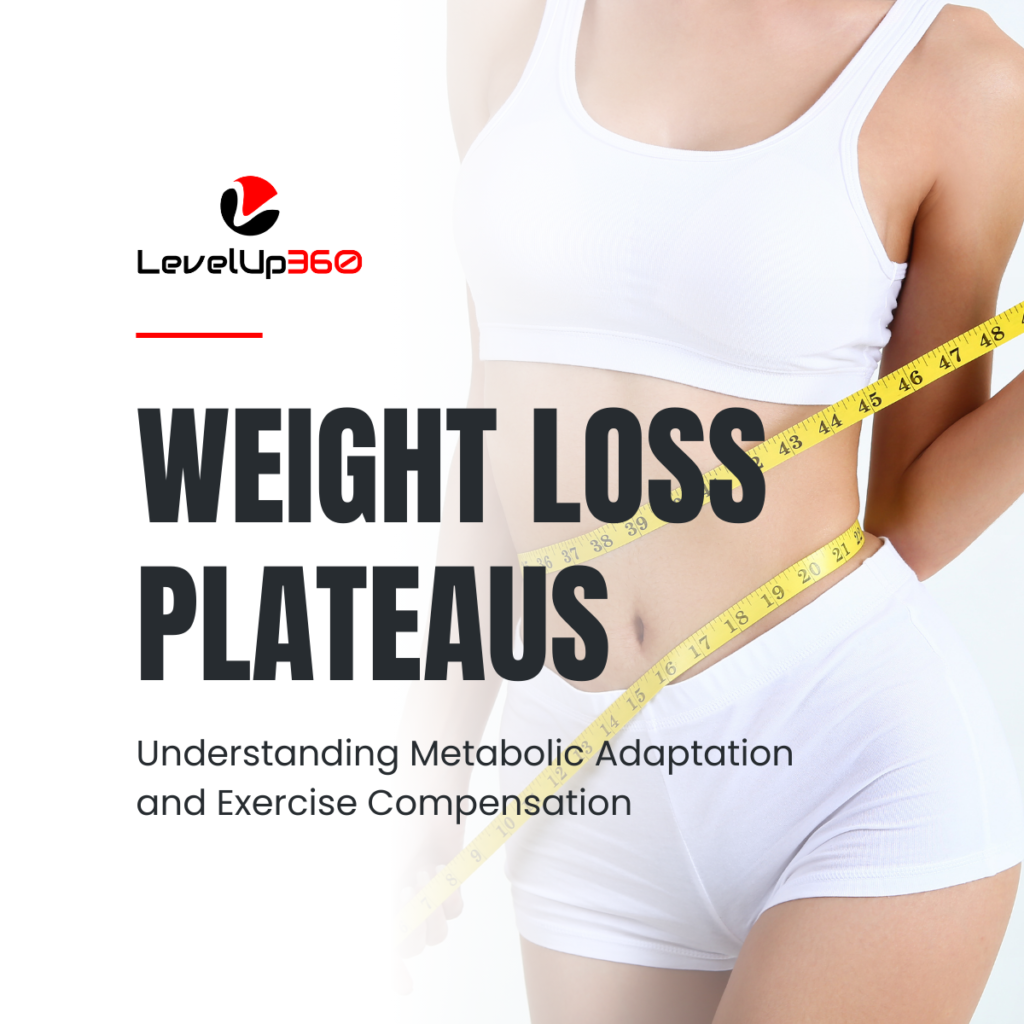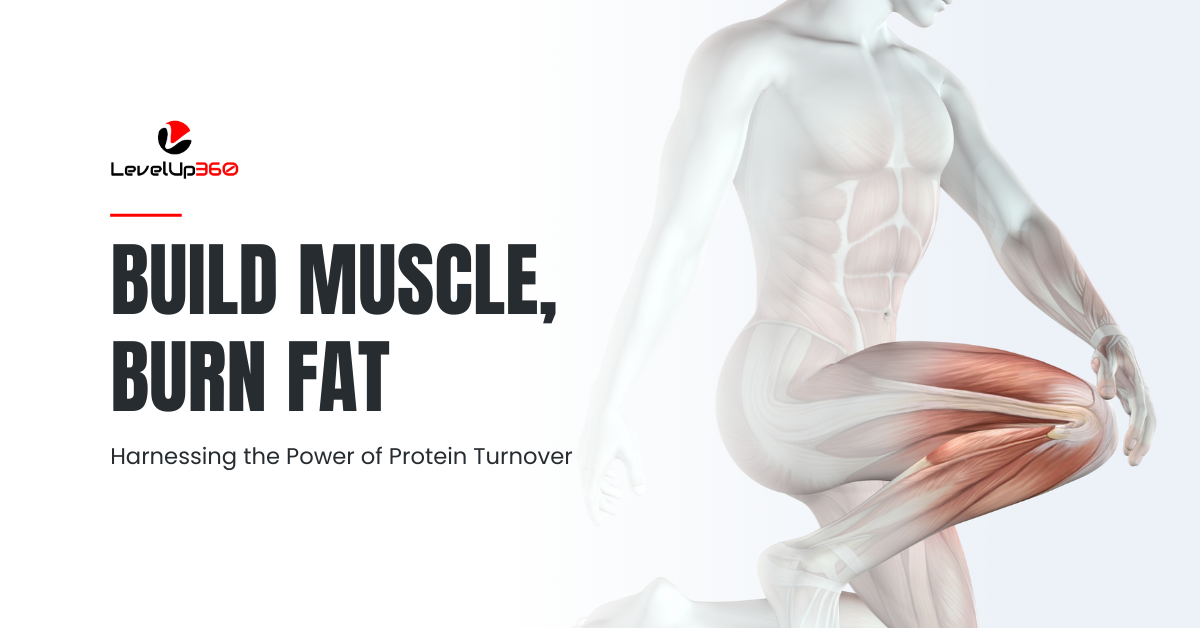
Build Muscle, Burn Fat: Harnessing the Power of Protein Turnover
Have you ever wondered why some people seem to effortlessly maintain their weight and stay fit, while others struggle to lose even a couple of pounds? The complex interplay between muscle metabolism and energy balance provides clues to explain this phenomenon. By understanding the hidden dynamics of this crucial connection, we can gain valuable insights into lasting health, fitness and vitality.
The Marvel of Muscles: Metabolic Engines That Burn Calories
Our muscles are in a constant state of renewal, like a bustling construction site continuously tearing down old structures and rebuilding anew. This endless cycle of muscle protein breakdown and synthesis is termed protein turnover. Of all our body’s tissues, this metabolic activity is exceptionally dynamic in our muscles.
Although we often associate muscles solely with physical performance and aesthetics, they serve diverse roles that are crucial for overall health and metabolism. One such vital function is their involvement in energy expenditure and regulation.
A substantial portion, around 20-30%, of our resting energy expenditure is devoted solely to muscle protein turnover. So individuals who have greater muscle mass or are more physically active end up utilising more energy at rest to carry out these “housekeeping” duties. In this way, our muscles act as mini “metabolic engines” that subtly regulate our energy balance, burning calories even while at rest.
Muscle metabolism’s influence on energy balance, body composition and weight management is remarkable
The Science of Energy Balance
To understand weight management and body composition, we first need to start with the fundamental concept of energy balance. This refers to the delicate equilibrium between the amount of energy we consume via food and beverages versus the amount of energy we expend through metabolic processes, physical activity, digestion, etc.
The goal from a body weight standpoint is to match our energy input and output so that we maintain a stable weight over time without excess fat gain or loss. This balanced state where intake equals expenditure is called energy balance.
Now here’s where it gets really interesting. By having greater amounts of metabolically active muscle mass, we enhance our resting energy expenditure thanks to all that muscle protein turnover described earlier. So muscles contribute to a higher total daily energy expenditure, which promotes more favourable body composition outcomes over time.
In this way, the resting energy burned through muscle protein turnover complements the more obvious energy expenditure from dedicated exercise sessions. It’s like passive calorie burning while at rest.
Optimising Protein Intake to Support Muscle
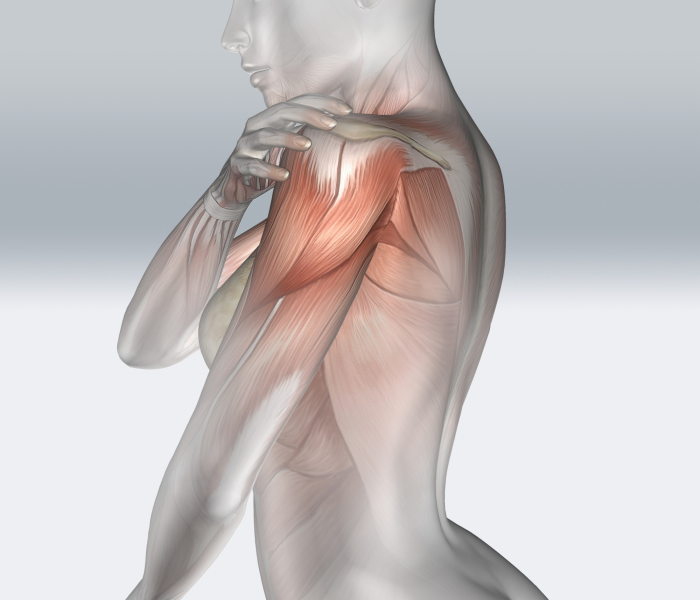
Okay, so maintaining higher muscle mass equates to greater resting calorie burn. But how much protein should we consume to properly support optimal muscle metabolic function and body composition?
The RDA for protein is set at 0.8 g/kg of body weight per day. This prevents outright deficiency, but higher intakes provide added benefits, especially for older adults and athletes. Expert recommendations suggest intakes from 1.2-2.2 g/kg daily.
However, protein needs are highly individualized depending on factors like fitness goals, activity levels, age, current muscle and fat mass, and more. So optimal protein intake must be tailored accordingly.
Preserving Muscle When Cutting Calories
Here is another crucial area where muscle metabolism comes into play. When we restrict calories to lose body fat, our bodies draw energy from both fat and muscle tissue through breakdown processes. Without intervention, substantial muscle loss can occur when dieting.
Consuming adequate protein while cutting calories helps minimize the loss of muscle. However, sufficient protein is challenging on a restricted calorie diet, since protein is very filling.
A moderate calorie deficit paired with exercise and enough total daily protein appears optimal to maximize fat loss while retaining muscle.
The Superior Approach: Preventing Fat Gain
Rather than trying to lose gained weight after the fact, focusing on prevention by proactively maintaining energy balance is best long-term for optimal health and body composition.
We can achieve this through proper caloric intake matched to activity levels and protein requirements to support muscle metabolic needs. This helps preserve metabolic rate and prevents excessive fat gain from the outset.
The Synergistic Combination: Exercise and Protein
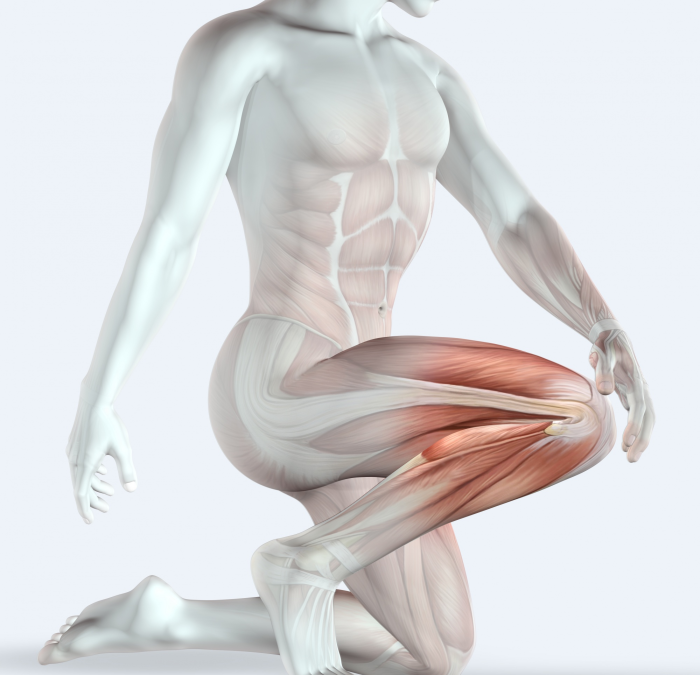
We know exercise, especially resistance training, stimulates muscle protein synthesis and growth. However, exercise alone is insufficient to maximize these effects. Consuming adequate protein provides the essential amino acids necessary to optimise exercise’s anabolic effects on muscle.
Exercise provides the stimulus while protein intake gives the raw materials for building, repair, and metabolic maintenance of muscle.
Changes With Age: The Increased Importance of Protein and Exercise
As we age, the efficiency of muscle protein turnover declines. This reduction in synthesis rates and protein metabolic function can negatively impact energy balance over time. Without intervention, muscle mass and strength diminish with age.
Consuming more protein and staying active becomes even more important with ageing to preserve metabolically active muscle mass.
The Crucial Role of Muscle in Weight Management
Clearly, the intricate relationship between muscle mass, metabolism and energy balance makes skeletal muscle tissue a key player in weight management and body composition.
Those with more metabolically active muscle mass tend to more easily lose or maintain weight compared to those with less muscle. Several factors contribute to this. Greater muscle mass increases resting metabolism through muscle protein turnover. More muscle also burns additional calories during exercise. Furthermore, building significant muscle requires a sustained calorie surplus, so this process of muscle building may help establish a better metabolic “set point” over time.
However, gaining muscle alone through strength training does not directly lead to fat loss, despite the metabolism boost. Building muscle requires dedicated training, adequate protein and a caloric surplus for an extended period. Some fat gain accompanies muscle growth.
That said, strategically building muscle through proper exercise and nutrition while limiting excess fat gain can positively impact body composition and metabolic function over time. The controlled intent behind muscle building makes all the difference.
Conclusion
Muscle metabolism’s influence on energy balance, body composition and weight management is remarkable. This interconnected web has real implications for overall health and longevity.
Strategically combining exercise with sufficient protein intake tailored to individual needs, goals and activity levels allows us to harness the true power of muscle at any age.
Recommended reading
Recommended reading
Additional Resources
Feeling in control of your health
If you are interested in improving your health and wellness, check out other resources such as Our Blog, Free Resources and/or join our private Body-Mind Transformation Secrets Community on Facebook, and go on an even deeper dive with me to uncover how to succeed in your health and wellness goals.
You may also be interested in our Sleep Secrets Cheat Sheet. It is a great resource with strategies to fix and optimize your sleep which is crucial to succeeding in your health and wellness goals.
Resources
Pictures
